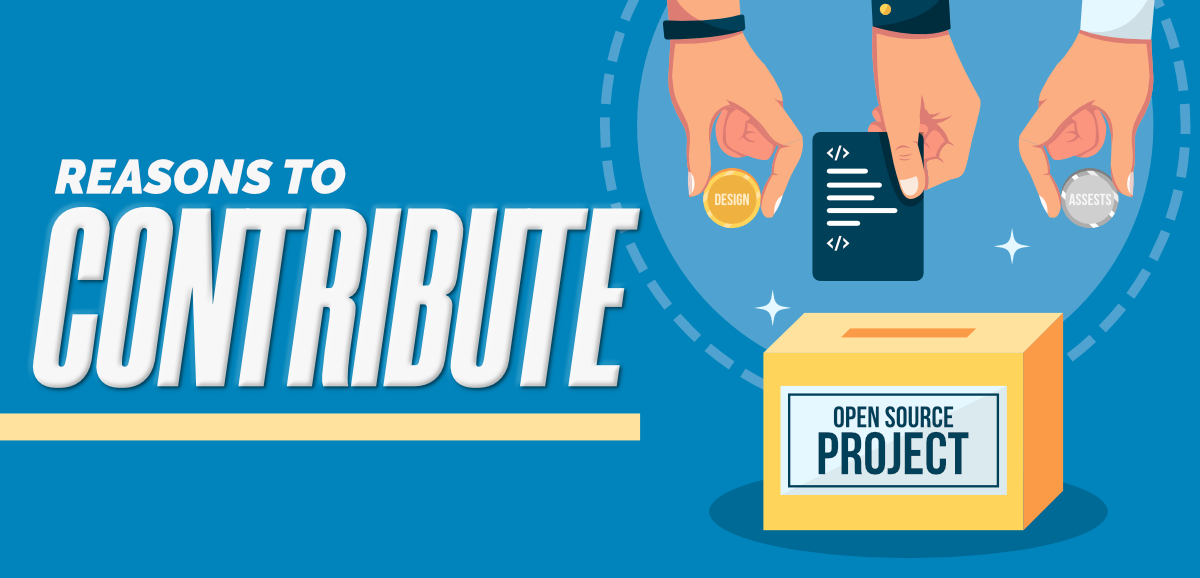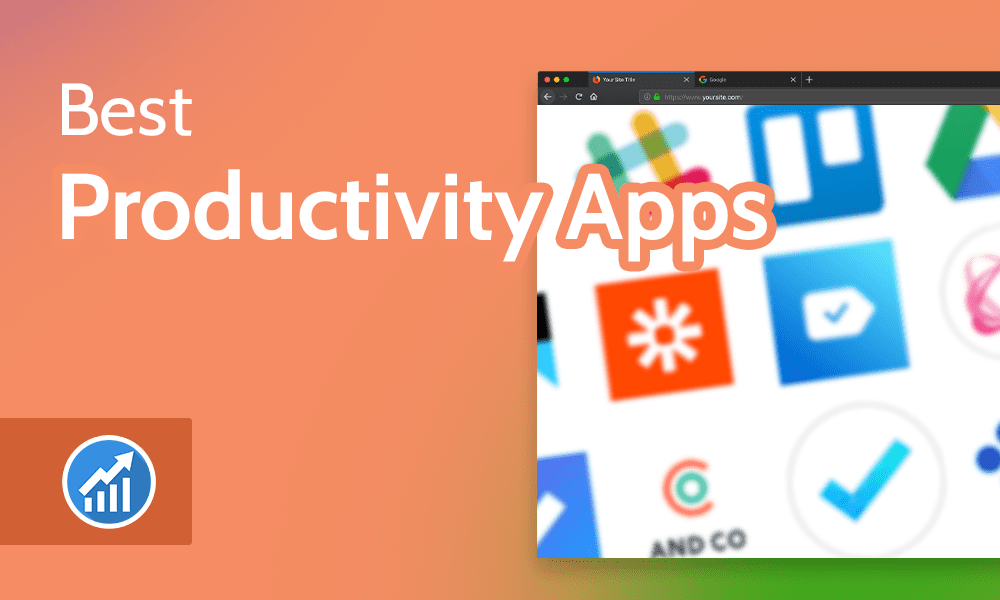
Contributing to open-source projects is a great way to gain experience, build your portfolio, and connect with a global community of developers. Whether you are a beginner or an experienced professional, there are many open-source projects across various domains that you can contribute to. Here’s a list of some top open-source projects that are popular, well-maintained, and offer opportunities for contributors of all skill levels:
1. TensorFlow (Machine Learning/AI)
- Description: TensorFlow is an open-source platform developed by Google for machine learning and deep learning. It’s used by researchers and developers to build complex AI and ML models.
- Why Contribute: TensorFlow is widely used in both academia and industry, and contributing to it can provide valuable experience with AI/ML models and state-of-the-art algorithms.
- How to Contribute: You can start by contributing to documentation, fixing bugs, or improving existing algorithms.
- GitHub: TensorFlow
2. React (Web Development)
- Description: React is a JavaScript library for building user interfaces, maintained by Facebook. It’s used for creating interactive UIs and has become one of the most popular frameworks for building web applications.
- Why Contribute: React has a massive community of developers, and contributing to it can help you learn about front-end development, component architecture, and UI optimization.
- How to Contribute: Start by improving the documentation, working on small issues or bugs, and contributing new features or fixes.
- GitHub: React
3. Kubernetes (Cloud Computing)
- Description: Kubernetes is an open-source system for automating the deployment, scaling, and management of containerized applications. It’s used for managing and orchestrating cloud-native applications.
- Why Contribute: Kubernetes is a cornerstone of modern cloud infrastructure and DevOps practices. Contributing to Kubernetes gives you hands-on experience with cloud technologies, containerization, and microservices.
- How to Contribute: Start with documentation, fixing issues, or improving the core Kubernetes features. There’s also room to contribute to tools that integrate with Kubernetes.
- GitHub: Kubernetes
4. VS Code (Software Development)
- Description: Visual Studio Code (VS Code) is a free, open-source code editor that supports development in multiple programming languages and offers a robust extension marketplace.
- Why Contribute: VS Code is widely used by developers across the world, and contributing to it can provide you with insight into the development of software tools and editors. It’s a great project to contribute to if you’re interested in improving developer experience.
- How to Contribute: You can work on features, bug fixes, extensions, or enhance its performance.
- GitHub: VS Code
5. Apache Kafka (Data Infrastructure)
- Description: Apache Kafka is an open-source stream-processing platform. It’s used to build real-time data pipelines and streaming applications, and it’s widely used in distributed systems.
- Why Contribute: Kafka is integral to modern data architectures and learning about it can enhance your understanding of stream processing and data infrastructure.
- How to Contribute: You can contribute to improving its code, optimizing its performance, or building integrations with other technologies.
- GitHub: Apache Kafka
6. Home Assistant (Home Automation)
- Description: Home Assistant is an open-source platform for smart home automation. It allows users to control all their devices from a single, mobile-friendly interface.
- Why Contribute: If you are interested in home automation and the IoT (Internet of Things) space, contributing to Home Assistant can help you develop practical experience with smart home technologies.
- How to Contribute: You can work on improving integrations, automation features, or troubleshooting issues.
- GitHub: Home Assistant
7. Mozilla Firefox (Web Browsers)
- Description: Mozilla Firefox is a popular open-source web browser. It is known for its focus on privacy, security, and user autonomy.
- Why Contribute: Contributing to Firefox helps you understand the intricacies of web browsers, browser engines, and web standards. It’s an excellent project for developers interested in open-source software and web technologies.
- How to Contribute: You can contribute to fixing bugs, developing new features, or improving security and privacy tools.
- GitHub: Mozilla Firefox
8. FreeCodeCamp (Education)
- Description: FreeCodeCamp is a free, open-source platform that teaches coding through hands-on exercises and projects. The community is focused on helping learners from all backgrounds get into coding.
- Why Contribute: It’s a great project if you are passionate about teaching others and want to make a positive impact by helping people learn programming.
- How to Contribute: You can help by writing tutorials, fixing bugs, improving documentation, or creating new coding challenges.
- GitHub: FreeCodeCamp
9. Django (Web Development)
- Description: Django is a high-level Python web framework that encourages rapid development and clean, pragmatic design. It’s used to build web applications quickly and securely.
- Why Contribute: Django is one of the most popular web frameworks, and contributing to it will help you build your skills in web development and Python.
- How to Contribute: You can contribute by adding new features, writing tests, improving documentation, or fixing bugs.
- GitHub: Django
10. Git (Version Control)
- Description: Git is an open-source distributed version control system that’s widely used in software development. It helps teams track changes in code and collaborate on projects efficiently.
- Why Contribute: If you are passionate about version control and want to understand the inner workings of Git, contributing to this project can be extremely valuable.
- How to Contribute: You can work on improving Git’s performance, documentation, or even help with its integration with other tools.
- GitHub: Git
11. OpenStreetMap (Geospatial Data)
- Description: OpenStreetMap (OSM) is a collaborative project that creates a free, editable map of the world. It allows users to view, edit, and use geographic data for any purpose.
- Why Contribute: Contributing to OSM helps improve mapping systems globally, and is a good choice for anyone interested in geographic data, cartography, or GIS (Geographic Information Systems).
- How to Contribute: You can add new map data, improve existing information, or work on improving the OSM platform itself.
- GitHub: OpenStreetMap
12. Jitsi (Video Conferencing)
- Description: Jitsi is an open-source video conferencing platform that offers secure and scalable video calls. It’s a great alternative to proprietary platforms like Zoom or Google Meet.
- Why Contribute: With the rise in remote work and virtual communication, contributing to Jitsi can help you learn about real-time communication technologies.
- How to Contribute: You can improve the video call features, add new integrations, or work on improving performance and security.
- GitHub: Jitsi
13. WordPress (Content Management System)
- Description: WordPress is a widely used open-source content management system (CMS) that allows users to create websites and blogs.
- Why Contribute: WordPress is used by millions of websites worldwide, making it a great project for web developers and designers. Contributing to WordPress can help you develop your skills in PHP, JavaScript, and theme/plugin development.
- How to Contribute: You can help by contributing to plugins, themes, translations, or core development of the CMS itself.
- GitHub: WordPress
14. Apache OpenOffice (Productivity Software)
- Description: Apache OpenOffice is an open-source office productivity suite that includes applications for word processing, spreadsheets, presentations, and more.
- Why Contribute: If you’re interested in building office software or want to work on cross-platform applications, OpenOffice provides an opportunity to contribute to a major project.
- How to Contribute: You can contribute by working on features, bug fixes, or writing documentation for the suite.
- GitHub: Apache OpenOffice
15. Godot (Game Development)
- Description: Godot is an open-source game engine that enables the development of both 2D and 3D games. It’s a popular alternative to commercial engines like Unity or Unreal Engine.
- Why Contribute: Contributing to Godot can help you improve your game development skills, whether you’re interested in scripting, game design, or optimizing the engine.
- How to Contribute: You can work on engine development, bug fixes, adding new features, or improving documentation.
- GitHub: Godot
Conclusion
Contributing to open-source projects is a rewarding way to improve your skills, expand your network, and make a meaningful impact on the tech community. Whether you’re into machine learning, web development, gaming, or system administration, there’s an open-source project for you. Start small, find an issue you’re passionate about, and gradually build your experience by contributing to larger tasks or features.




